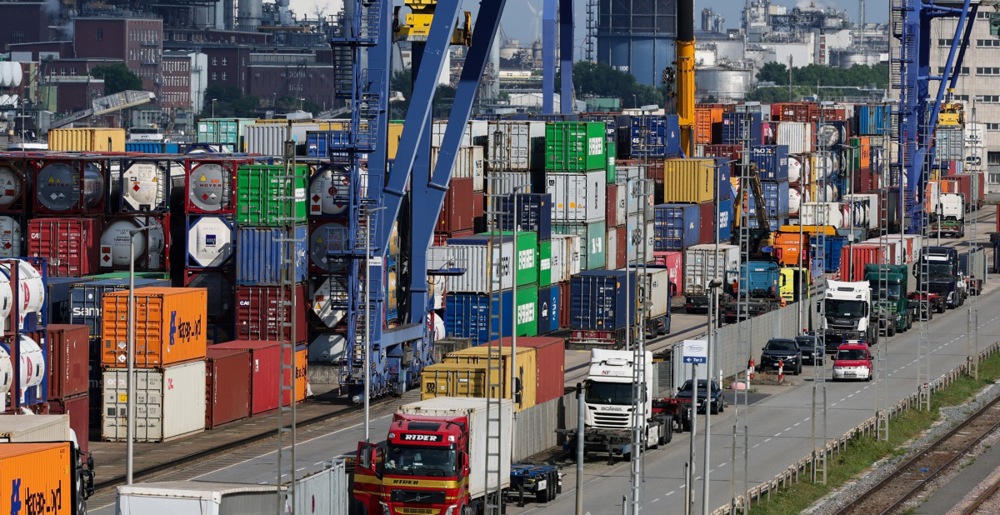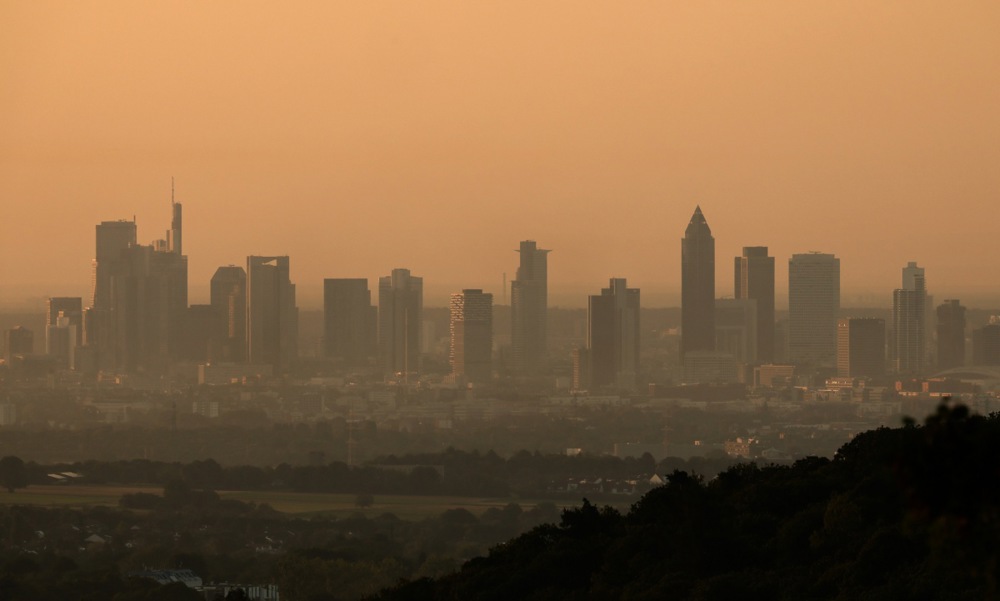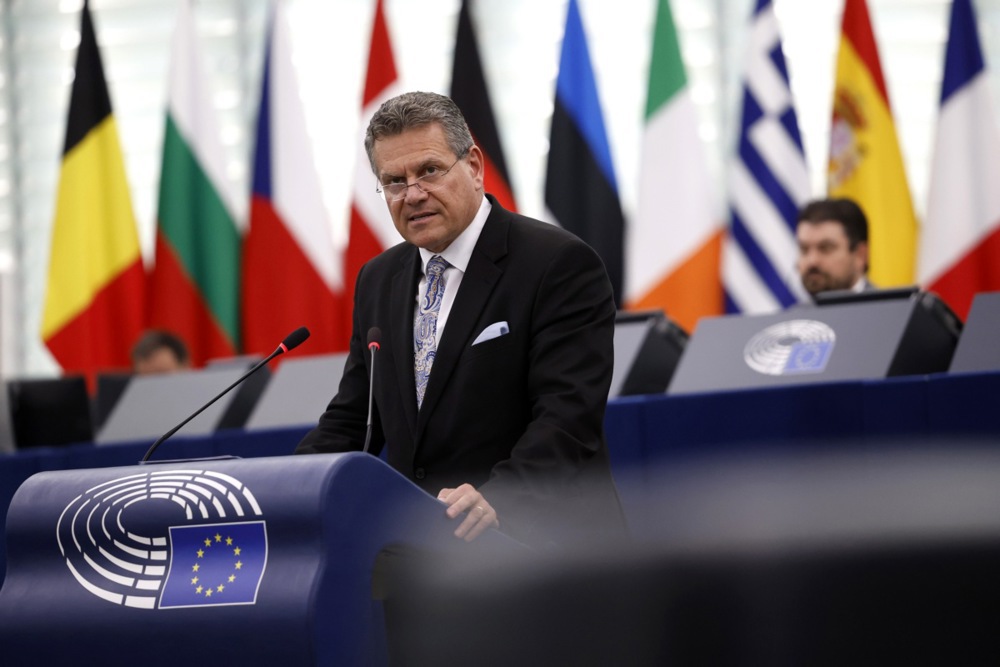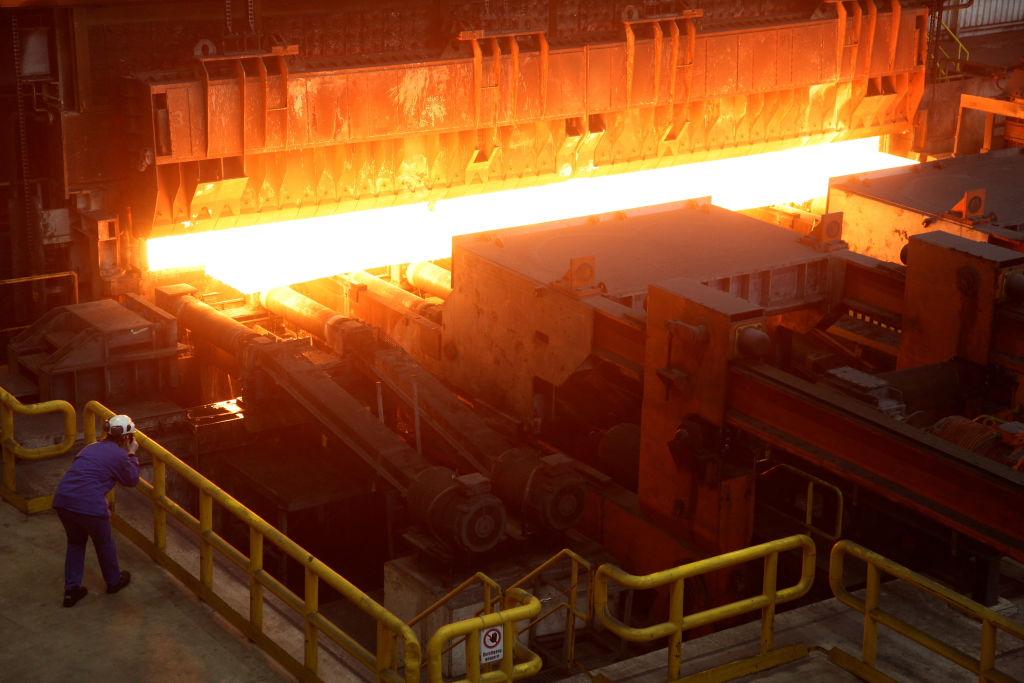European distillers and winemakers emerged empty-handed from the new European Union-US trade agreement, with both sectors still facing a 15 per cent tariff in the US market.
While the European Commission celebrated the pact as a stabilising framework that ended months of transatlantic tariff battles, the omission of Europeans drinks stood out, an industry representative told Brussels Signal in a press release.
The latest update on the deal, announced on August 21, sets a ceiling of 15 per cent on all tariffs the US applies to EU imports.
That means no product can face a duty higher than that rate. The July 27 EU-US trade deal was a preliminary agreement, not yet a trade deal and many sectors and details were to be negotiated – or decided on – based on unilateral US decisions or “national security” probes.
For many sectors, this marked a major relief.
Cars and car parts, under 25 per cent tariffs since before the “reciprocal” tariffs saga began, are now locked into the lower ceiling, according to apnews.com.
Pharmaceuticals also received a reprieve. Just months ago, US probes into drug pricing practises had opened the door to much higher tariffs. Instead, the sector will face only the capped 15 per cent rate.
For wine and spirits, though, no changes have been announced – yet.
EU Trade Commissioner Maroš Šefčovič confirmed both categories remained outside the scope of the agreement, despite earlier hopes that they might be added.
EU spirits exports to the US will continue to be taxed at 15 per cent, while retaliatory EU tariffs on US spirits, currently suspended until February, could return if negotiations stall.
The decision has frustrated Europe’s distillers, who argued the sector had already proved its value under a “zero-for-zero” deal in place since 1997.
That accord eliminated tariffs on spirits entirely, fuelling a 450 per cent surge in trade over two decades and supporting jobs on both sides of the Atlantic, according to a recent Spirits Europe press release.
Its collapse in recent years, in the context of wider EU-US trade tensions, has left exporters paying duties again.
“This was a critical moment to reaffirm our shared commitment,” the releases read. The group argued that restoring zero-for-zero would have boosted growth and investment across the transatlantic drinks industry, benefiting farmers, distillers, bartenders and consumers alike.
The new framework, though, focused on other priorities.
The EC highlighted exemptions for critical sectors such as aircraft parts, semiconductors and pharmaceuticals, and stressed the political importance of capping tariffs overall.
In an official statement on the EC website, Šefčovič described the agreement as “a first step” towards rebuilding trust, with scope to add more products later.
He even hailed the accord on X, writing that it “locks in a 15% tariff cap, key exemptions, and a platform for strategic cooperation,” promising “stability today, growth tomorrow”.
In Washington, the administration of US President Donald Trump pitched the deal as proof that its tough line had paid off.
NBC News reported on August 21 that officials pointed to wins in timber, drugs and semiconductors, calling the accord a tool to strengthen US supply chains and reduce dependence on rivals.
Brussels also committed to buy large volumes of US liquefied natural gas, oil and nuclear fuel and to expand defence procurement from the US to reinforce NATO co-operation.
The EU made concessions of its own. The joint document issued by both the the US and the EU read that Brussels would remove tariffs on all US industrial goods and expand market access for US seafood and agricultural exports.
At the same time, Europe secured a guarantee of US supplies of advanced AI chips worth at least $40 billion (€34.4 billion), ensuring computing centres across the bloc have access to critical technology, according to the spirits.docx paper.
Šefčovič said the agreement avoided a trade war that could have put nearly five million European jobs at risk. Negotiations were delayed for weeks as the EU pushed to preserve its digital regulations, holding up publication of the joint statement until late August.
For now, Europe’s iconic drinks remain on the outside looking in.
While cars and pharmaceuticals operators breathe a sigh of relief and industrial players see tariffs capped or lifted, wine and spirits producers are still left to carry the burden.
Talks between Brussels and Washington will likely continue in the months ahead, with the possibility of further exemptions.
Until then, some sectors remain a visible reminder that in such a broad deal, not everyone emerges a winner.





